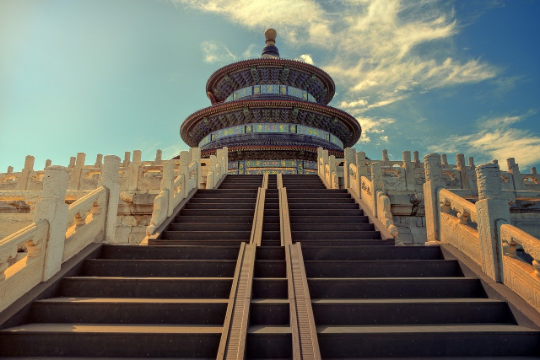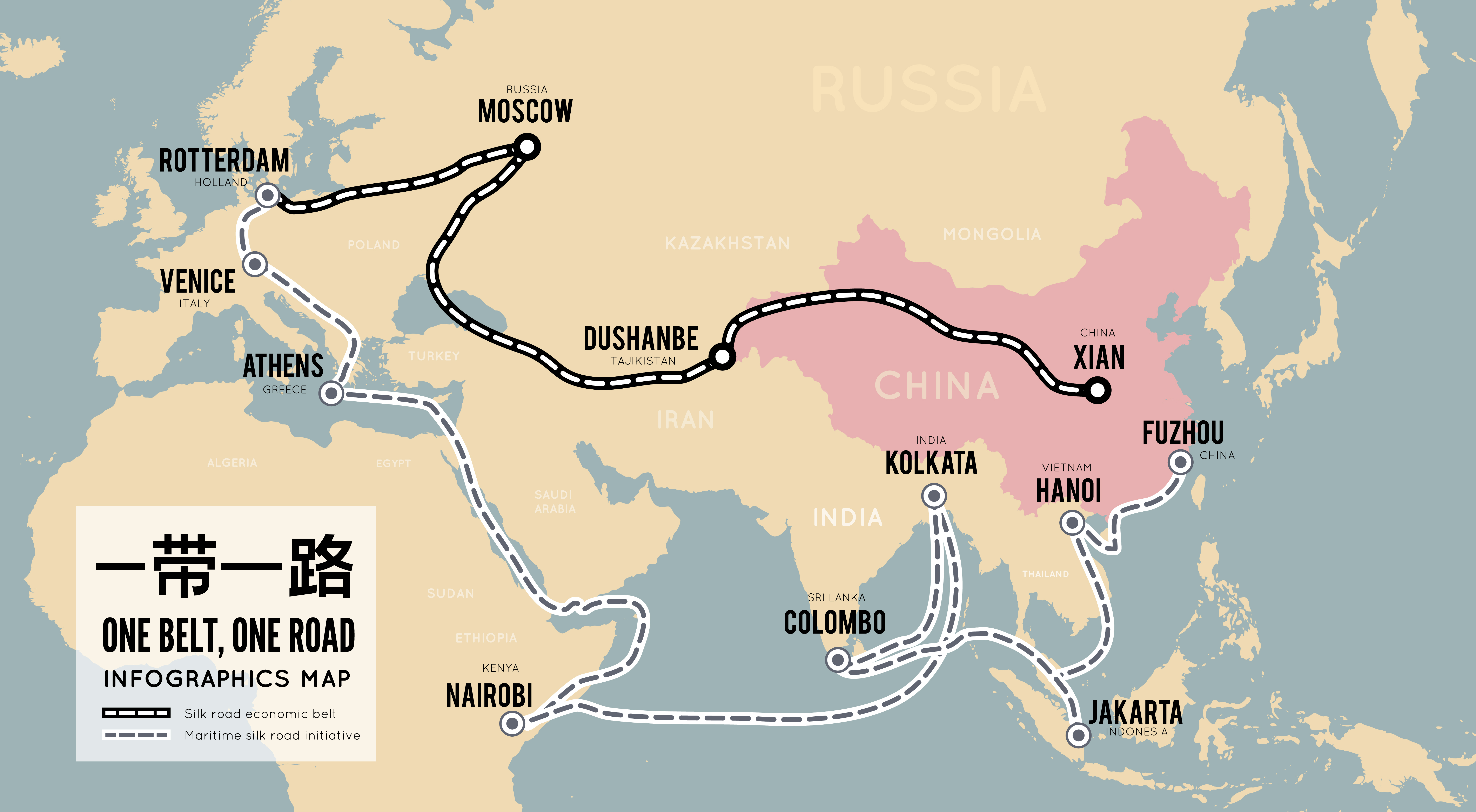Author | Sources
Severin Renold

Severin Renold
China & Economy
China’s economy has emancipated itself. In important technology areas, suppliers from the Middle Kingdom are already among the leaders. This is often viewed critically in the economy. But China also offers opportunities.
Question: Which company filed the most patents in Europe with the European Patent Office last year – Siemens, Bosch, Swisscom, Nestle or perhaps Schneider Electric from France? The solution: none of the five. It was the Chinese technology group Huawai.
China’s economy has long since stopped seeing itself as an extended workbench for Western companies. The technology companies are conducting massive research. Internet giants such as Alibaba, Tencent and Baidu have billions of customers and are already operating in foreign markets. The government in Beijing is investing massively in research and development. Moreover, China’s population is much more open to digital technologies than is the case in Germany or Switzerland, for example.
China has a plan. A plan to ensure increasing prosperity and growth in the future. The continent’s rapidly growing middle class is also contributing to this development. China, India and Indonesia are among the largest markets in global e-commerce. China’s market for mobile payment is more than 50 times larger than that of the USA. Tencent’s WeChat platform has more than one billion users and a large part of the new middle class has grown up with the new technologies.
Open for new developments
They are correspondingly willing to use them. The Chinese urban population and middle class are very open to new developments and are much less likely to question potential risks. Telecommunications giant Huawei, for example, is considered by many experts to be a leader in the development of the 5G mobile phone standard. In the field of electromobility, one will also hear from China, that much is certain. According to figures from Research Minister Wan Gang, China has invested over EUR 226 billion in research and development in recent years – around 70% more than in 2012. The declared goal is clear: China wants to become a leader in technological innovation by 2050. In one of his recent interviews, corporate patron Jack Ma alone declared that in future he would invest around 40 billion of the company’s capital in further research and development. This is not primarily purely in the interest of his own company, but rather for the healthy further development of humanity and, of course, for the benefit of his own empire.

What happens in Europe?
Europe should join forces, create initiatives for FinTech, RegTech, InsurTech and others and concentrate private and institutional investment in research and development of mass products. The opportunities and risks of current and future technologies must be openly assessed and then the best areas of application developed. However, it is a mistake to always think about protectionist measures. The recipe for success, especially from German industry, is based on openness and multilateralism. The more business you do with China and Asia, the greater the understanding for each other. Trade liberalism leads to greater prosperity, as we can see from the numerous attempts in the past in which socialist and planned economy models failed.
This also applies to China’s “Belt and Road” initiative, the new Silk Road, which aims to bring Europe and Asia closer together. This mega-project with infrastructure buildings in 65 countries is a thorn in the side of the USA. This does not require any further detailed justification; China’s initiative is a self-explanatory step closer to becoming the world’s number one power. So how should Europe act? Those who do not innovate will stand still. How healthy China’s growth is with the billions in subsidies from private zombie companies is another story. But for better or worse, the world will find out if the sanctions continue and the trade dispute with the USA moves into the next round, because further withdrawals of massive external investor money will bring the bond bubble closer than many would like. So is the Belt and Road project already Plan B for China’s economy? It remains exciting.
